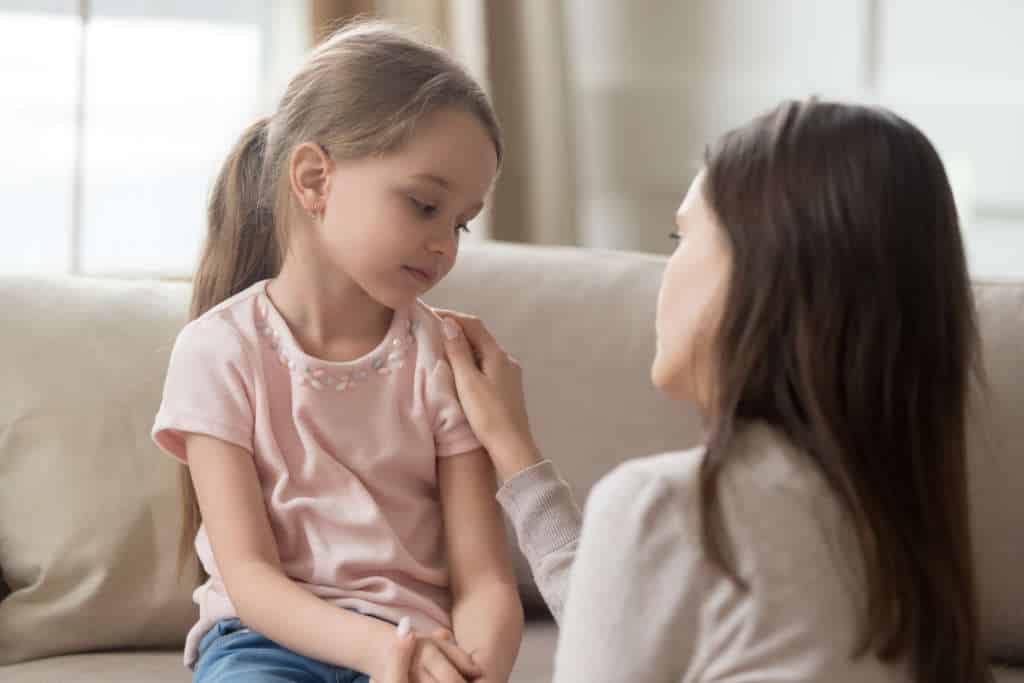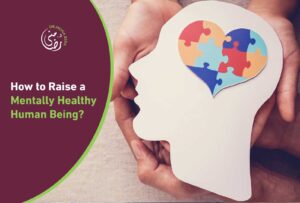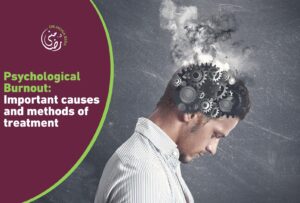[vc_row][vc_column][vc_column_text]
Part of children’s behaviours and games can be anxiety-provoking, as children tend to discover their own body and the body of others around them through looking and touching, but there are some sexual behaviours that may trigger anxiety.
Emotional and exaggerated reactions by parents to the child’s sexual behaviours may lead to the child going too far, and often these exaggerations are due to parents ‘ anxiety or embarrassment; therefore, it is necessary for all parents to know what are the disturbing sexual behaviours practiced by his child.
What are the disturbing sexual behaviours in children
Sexual behaviours in children vary according to their different age stages, but some of the most important are:
- Touching and rubbing their genitals in public without stopping
- Playing with sex games with older or younger boys
- Deliberately looking at other adults during sexual activities, such as using the toilet, or when they are naked
- Find out more sexual information than is appropriate for their age.
- Talk non-stop about sex and have sexual activities.
Causes of abnormal sexual behaviours of children
1.Weakness and lack of sexual awareness: children sex education protects them from many bad behaviours such as being harassed or raped
- Exposure to sexual material on social networking sites: in the absence of sex education at home, school and poor parental control over what children watch on television and the internet, the media has become a source from which teenagers and children derive a lot of information that is often misleading, inaccurate, and inappropriate for their age
- Domestic violence: these behaviours may arise due to the child’s exposure to an unsafe family, and this is clearly evident in the methods of education that rely on physical and sexual abuse, and homes where children are neglected, and violence prevails towards the child or between spouses, both verbally and physically
4. Parents’ reaction to the behaviour: children enjoy the parents’ discomfort with their sexual or abnormal behaviours, and repeat them to provoke the desired reaction by the parents
5. The circumstances surrounding the child: such as the birth of new siblings, or the change of people caring for the child, who may be more observant of such behaviours as well, children living in homes that are open and accepting of sexual behaviours, may show more sexual behaviours than others
6. Exposure to sexual assault: such as harassment or rape, and this may make him do such behaviours imitative and not out of instinct, but not all those who have been subjected to sexual violence do such acts, and vice versa
Sexual behaviours are often accompanied by other behavioural problems, such as Aggression, Impulsivity, and poor relationships with family and friends
What to do when you notice some abnormal sexual behaviours on your child
- Accept the matter calmly and not confront it with violence and cruelty, you should talk with the child and reassure him, and try to reduce his feeling of shame and guilt, because all these feelings will push him to silence and not to reveal, giving him confidence will help him to tell you where he acquired this behaviour and with whom he tried it, so
- Talk to the child, find out the reason that pushes him to do this behaviour, find out the feeling he feels as a result of doing such behaviour, and then talk about moving away from this behaviour; because it causes unsatisfactory results
- Teach the child the privacy and principles that he should have, and try to explain that these things should not be done with others or in front of them.
- And definitely seek help from a psychologist: it is necessary to seek help immediately and quickly from psychologist, whether a psychiatrist, psychologist, or behaviour modification specialist, to develop a plan for treatment and Prevention, so as to stop the cycle of abuse.You can always communicate with Dr. Mona Reda for all psychological consultations and behaviour modification
[/vc_column_text][/vc_column][/vc_row]









